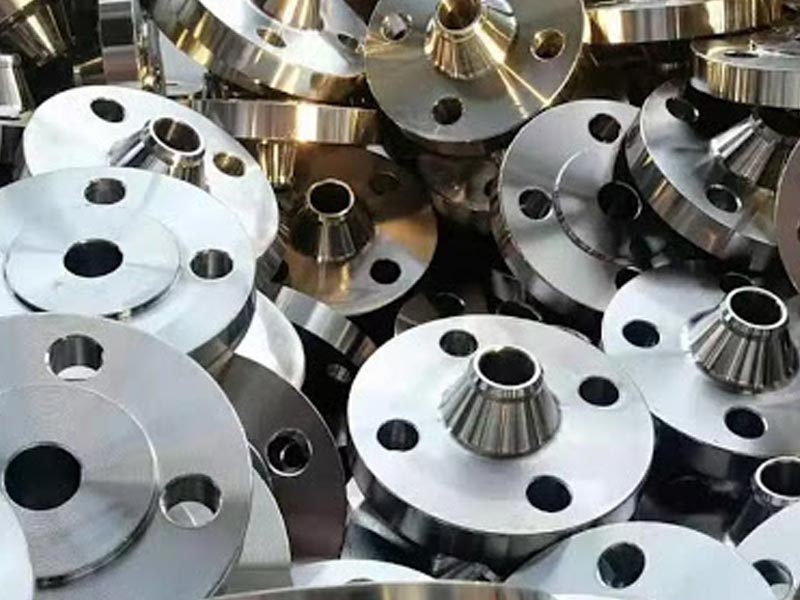Introduction
Welcome to our extensive neck flange welding guide! If you work in the manufacturing, construction, or industrial industries, you’ve probably heard the phrase “welding neck flanges.” These essential parts link pipelines, valves, and other equipment in a variety of applications.
Everything you need to know about welding neck flanges, from their definition and types to their installation and benefits, will be covered in this article. This tutorial includes everything you need, whether you’re a skilled welder or just inquisitive about industrial parts.
Welding Neck Flanges: What are They?
A particular kind of flange called a welding neck flange is made to be welded to the termination of a pipe. Its neck, sometimes referred to as the hub, offers great strength and permits easy flow through the pipes. High strength and integrity are guaranteed by the flange’s design in essential applications where leaks or failures are not an option.
Types of Welding Neck Flanges
- Raised Face Welding Neck Flanges: These flanges have a raised surface around the bore, which increases their contact area with the mating pipe and provides additional strength.
- Ring Type Joint Welding Neck Flanges: Designed for high-pressure and temperature applications, these flanges use a metallic ring gasket to create a seal between the flange and the pipe.
- Reducing Welding Neck Flanges: When you need to connect pipes of different sizes, reducing welding neck flanges come to the rescue.
- Long Welding Neck Flanges: Also known as long weld neck flanges, these are ideal for applications involving high pressure, extreme temperatures, or cyclic loading.
- Large Diameter Welding Neck Flanges: As the name suggests, these flanges are used for large-diameter piping systems, ensuring stability and leak-free connections.
Advantages of Using Welding Neck Flanges
Superior Strength: Welding neck flanges have exceptional structural integrity and strength, making them appropriate for demanding applications.
Connection That Is Leak-Proof: The welded neck offers a strong connection that reduces the chance of leaks, delivering a solid connection that promotes a reliable and secure operation.
A smooth flow of fluids or gases via the piping system is made possible by the flange’s design, which lowers pressure drop and improves performance.
Simple Alignment: Welding neck flanges make it easier to precisely align the pipe and flange, which leads to a better fit.
Resistance to High Temperature and High Pressure conditions: These flanges perform well in high-temperature and high-pressure conditions, making them perfect for crucial industrial processes.
Conclusion
Finally, welding neck flanges are crucial parts used to join pipes and machinery in a variety of sectors. For crucial applications, its strong construction, leak-proof connection, and high temperature and pressure resistance are needed.
We hope that this in-depth instruction has given you important insights into welding neck flanges. We covered every detail, from their types and benefits to installation advice, to give you the knowledge you need about this important industrial component.
Keep in mind that welding neck flanges must be installed and maintained correctly for best performance and longevity. Now, choose and install welding neck flanges for your projects after doing your research!


